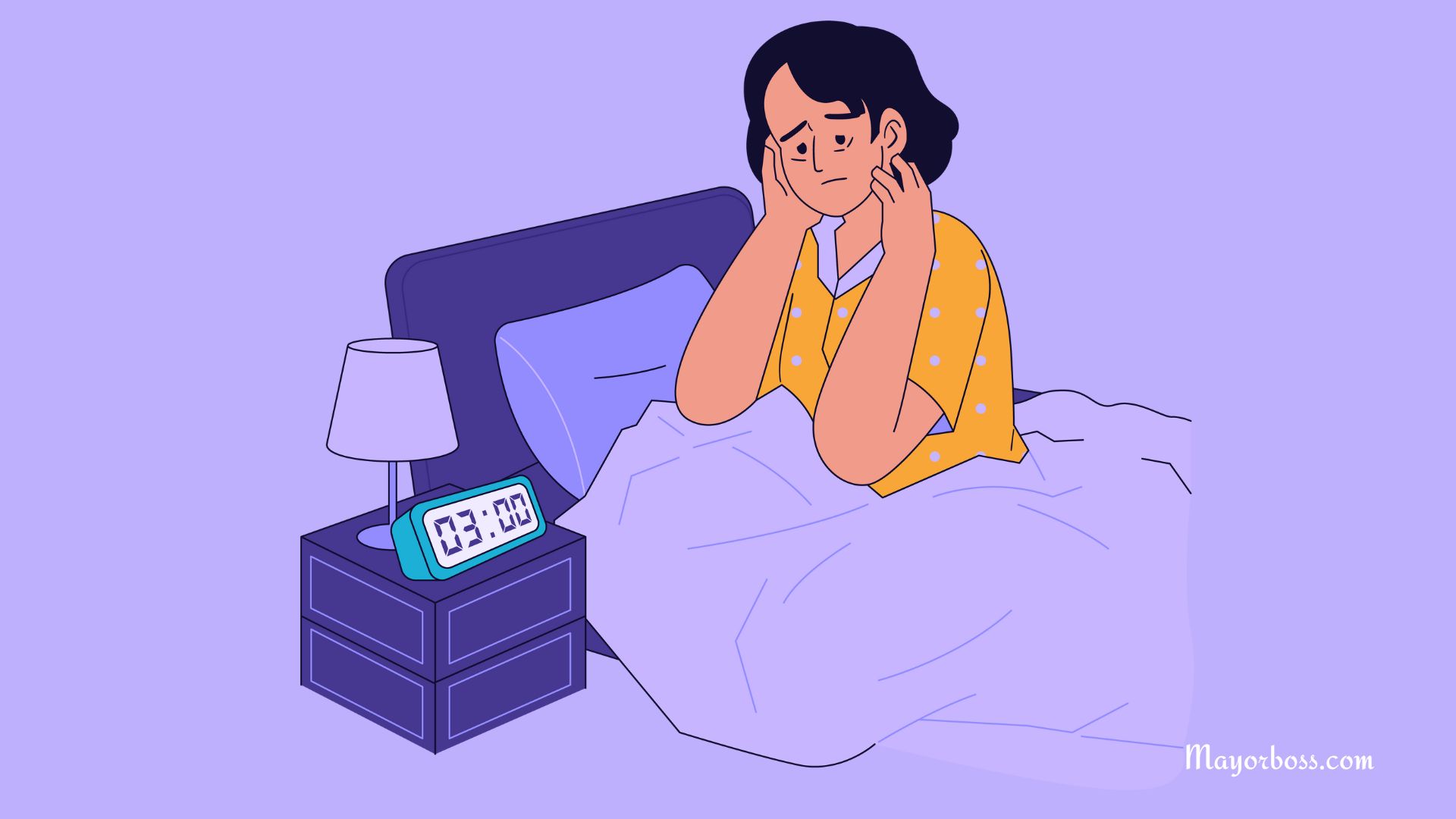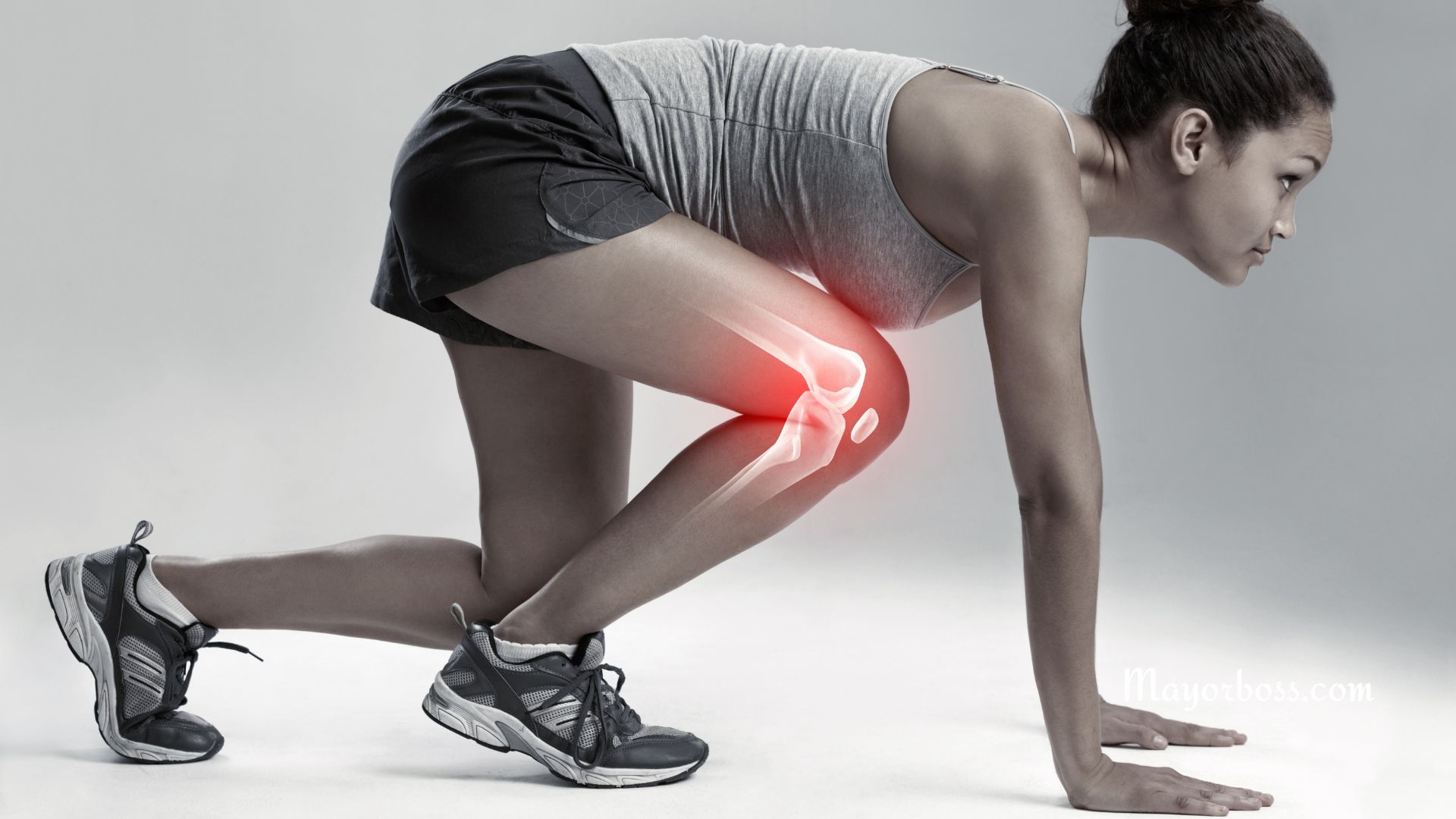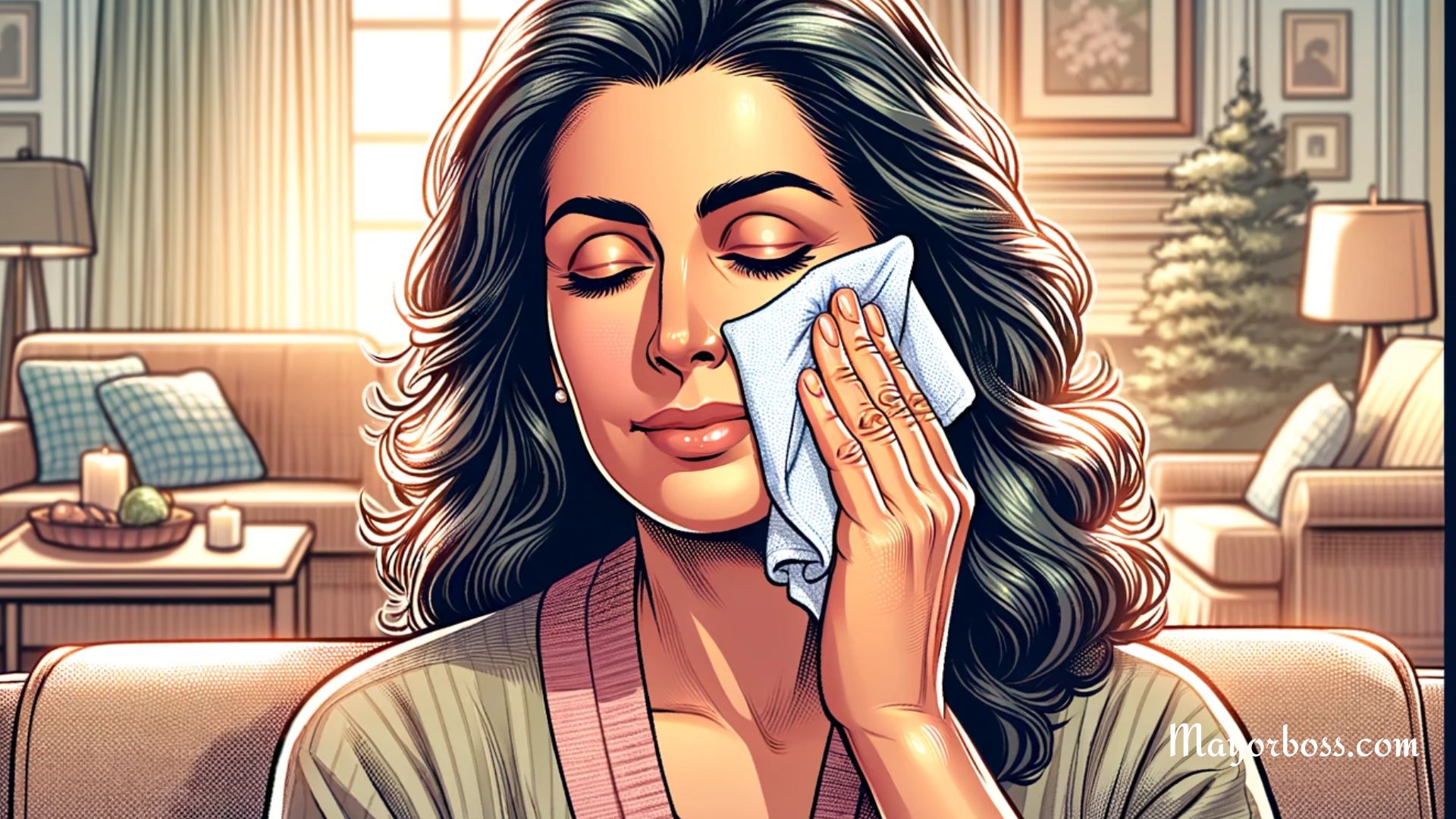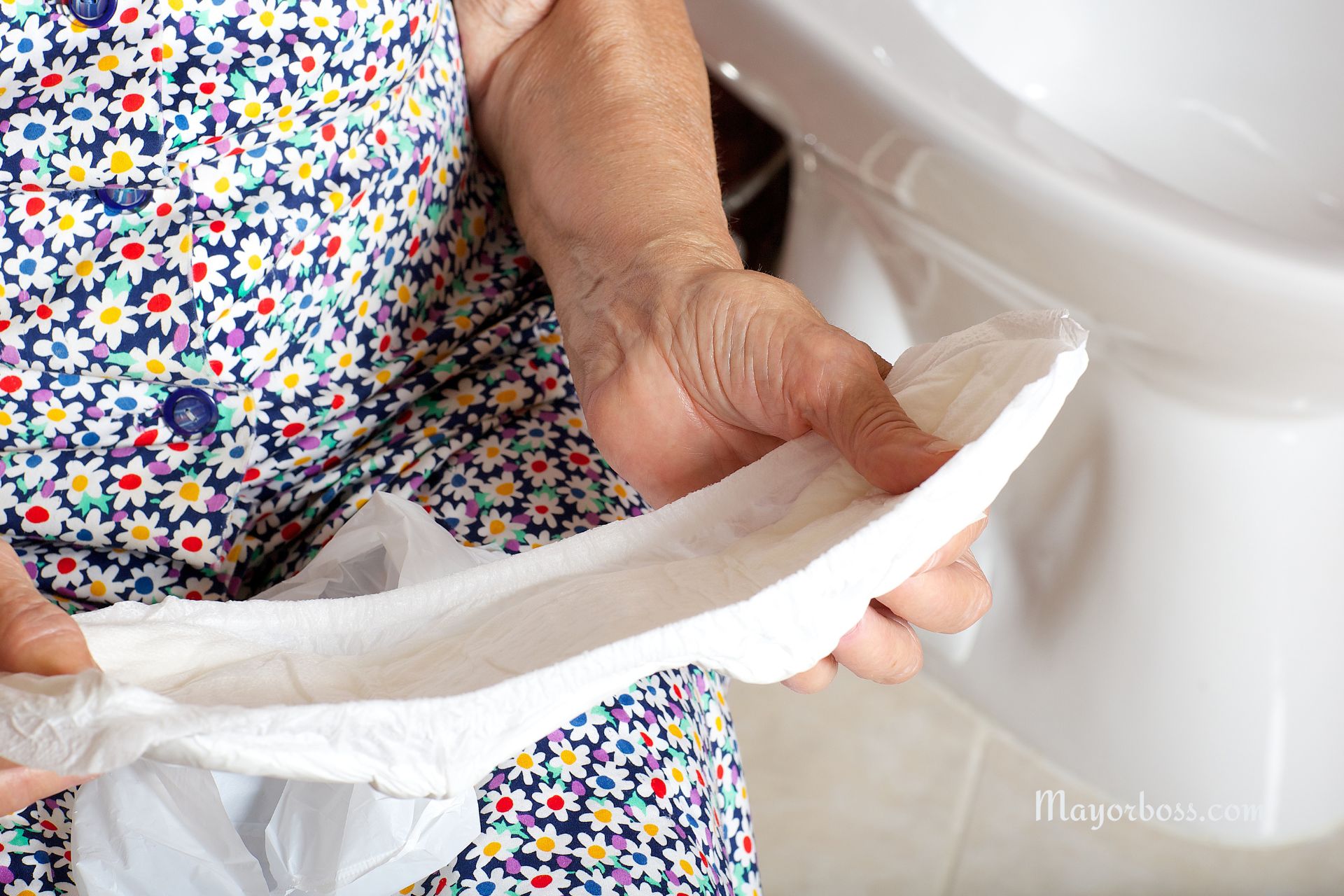Why You Have Numbness And Tingling In The Hands And Feet
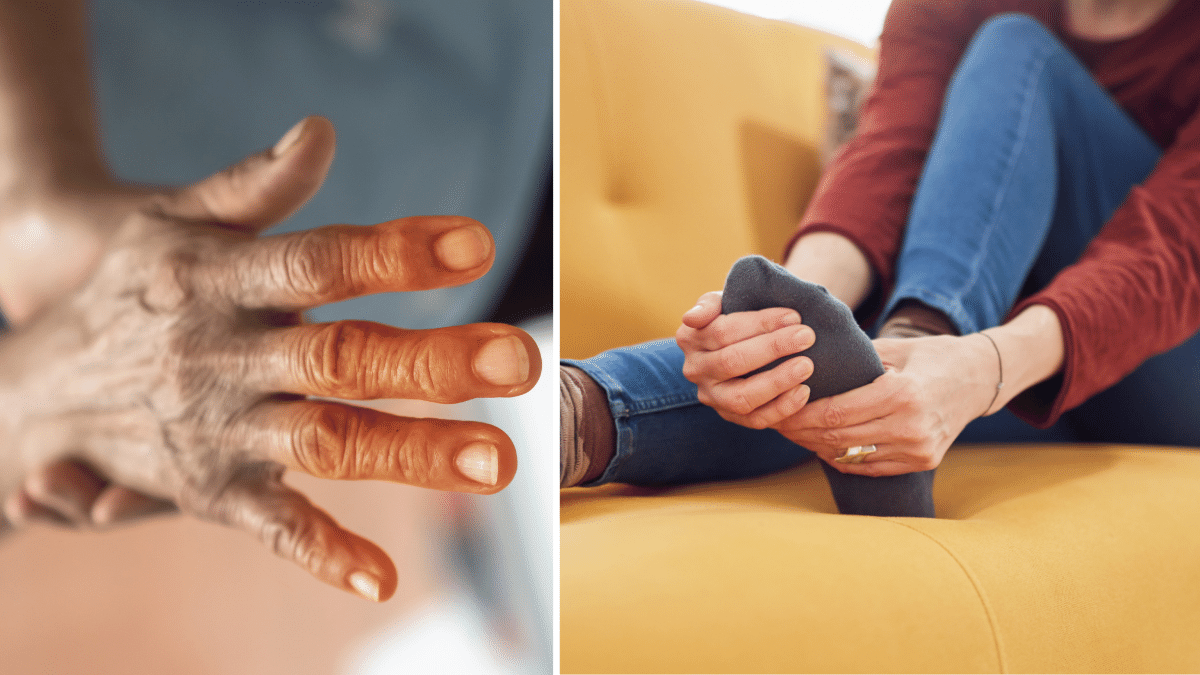
Numbness and tingling in the hands and feet can be uncomfortable and concerning. You may wonder why your hands sometimes feel like they’re “falling asleep” or why your feet might get that pins-and-needles sensation. These feelings can come out of nowhere, or they might happen during certain activities. Please continue reading to learn why this happens and what might be causing it.
Numbness and Tingling Happen When Your Nerves Get Disturbed
Your nerves carry messages between your brain and body, much like telephone wires. When something disturbs these nerves, it can cause numbness or tingling—like when you sit on your leg too long and it “falls asleep.” Essentially, the nerve signals get temporarily interrupted, causing that strange feeling.
But if numbness and tingling happen often or last a long time, it could mean there’s something more serious affecting your nerves.
Medical Reasons Behind Numbness and Tingling in the Hands and Feet
Numbness and tingling can happen for many reasons—some simple and others that might need attention from a physician. Let’s talk about a few of the common causes.
1. Poor Circulation Could Be the Cause
Poor blood flow can make your hands and feet feel numb or tingly. If the blood isn’t flowing well, the nerves in those areas don’t get enough oxygen or nutrients. This often happens when you’re in one position for too long, which puts pressure on blood vessels.
If you experience poor circulation frequently, conditions like diabetes or peripheral artery disease (PAD) might be worth discussing with your doctor, as they can also affect blood flow.
2. Peripheral Neuropathy Affects the Nerves Directly
Peripheral neuropathy simply refers to damage to the nerves outside of the brain and spinal cord. This condition can lead to numbness, tingling, or even pain in the hands and feet. One of the most common causes is diabetes. The Mayo Clinic explains that high blood sugar over time can damage these nerves, leading to those uncomfortable sensations.
Other causes of peripheral neuropathy include alcohol misuse, infections, or certain medications. If you think this might be the case, you should promptly contact your doctor.
3. Vitamin Deficiencies Can Cause Tingling and Numbness
Certain vitamins are vital for keeping your nerves healthy—especially B vitamins, like B12, B6, and B1. The MedlinePlus notes that vitamin deficiencies, particularly of B12, can lead to nerve damage. Without enough B vitamins, your nerves may struggle to function properly, resulting in tingling or numbness in your hands or feet.
If your diet lacks these essential vitamins, it may be helpful to consult a healthcare professional to ensure you get the nutrients your body needs.
4. Carpal Tunnel Syndrome Could Be the Cause
Carpal tunnel syndrome is a common reason people get numbness and tingling in their hands. The Mayo Clinic explains that this condition happens when the median nerve—which runs through your wrist—gets squeezed or compressed. People who type a lot, use their hands for repetitive motions, or sleep in awkward positions may develop carpal tunnel syndrome.
The good news is that early treatment often helps. Simple measures like wearing a wrist splint or adjusting your workspace can make a big difference.
5. Anxiety and Stress Can Also Play a Role
When you’re anxious or stressed, your body responds in different ways—one of which is hyperventilating or breathing quickly and shallowly. Hyperventilation reduces the amount of carbon dioxide in your blood, which can lead to less blood flow to your nerves, causing numbness or tingling sensations. This can lead to numbness or tingling in your extremities. Doctors say that managing stress through techniques like deep breathing, exercise, or talking to a psychologist can help reduce these symptoms.
6. Multiple Sclerosis (MS) Can Be a More Serious Cause
Multiple sclerosis is an autoimmune disease where your immune system attacks the protective covering of your nerves. This can cause various symptoms, including tingling or numbness in the hands and feet. The symptoms can come and go, making it a challenging condition to pin down at times. If these sensations persist and are accompanied by other symptoms like vision problems or difficulty moving, you should make an appointment with a neurologist for further evaluation.
Conditions That Make Numbness and Tingling Worse
Certain health conditions can make numbness and tingling more likely or make it worse. Diabetes is a big one. The high blood sugar levels in diabetes can damage the nerves, leading to what’s called diabetic neuropathy. According to research, about half of people with diabetes eventually develop nerve damage.
Another condition that makes tingling more common is hypothyroidism, where the thyroid gland isn’t making enough hormones. Doctors recommend treating hypothyroidism, as untreated thyroid issues can lead to numbness in the hands and feet.
How to Ease Numbness and Tingling at Home
You don’t always need a trip to the doctor to deal with numbness and tingling. Here are a few ways you can help relieve those sensations:
Change Your Position
If you feel numbness, sometimes it’s just because you’ve been in the same position for too long. Simply moving around and changing position can improve blood flow and wake up your nerves.
Massage and Stretching Can Help
Gently massaging the area or stretching can help improve circulation and ease tingling. If your feet are tingling, try flexing and pointing your toes or rolling your foot over a tennis ball.
Warm Compress to Increase Blood Flow
Using a warm compress can help improve blood flow to the affected area. Just be careful not to make it too hot, especially if your sense of feeling is reduced.
Proper Nutrition to Protect Your Nerves
Eating a balanced diet that includes enough B vitamins can help protect your nerves and prevent tingling and numbness. Foods like leafy greens, meat, fish, and eggs are rich in these nutrients.
Manage Stress to Keep Your Nervous System Calm
As mentioned earlier, stress can cause or worsen these symptoms. Relaxation exercises like yoga, meditation, or even a simple walk outside can be helpful. Some people find that speaking to a psychologist helps them manage their anxiety better.
When Should You See a Doctor About Numbness and Tingling?
If the numbness or tingling is constant, gets worse, or is paired with other symptoms like muscle weakness or difficulty moving, such as with conditions like multiple sclerosis, it’s time to see your doctor. These can be signs of more serious problems that need medical treatment.
A physician can run tests to figure out what’s going on—such as checking your vitamin levels, assessing your blood sugar, or ordering imaging tests to look at your nerves.
The Takeaway
Numbness and tingling in the hands and feet can be annoying, but in many cases, it’s not dangerous. It could be something as simple as poor circulation or a vitamin deficiency. However, if these symptoms persist, make an appointment with a healthcare professional. There are many potential causes, and getting the right diagnosis is important for effective treatment.


